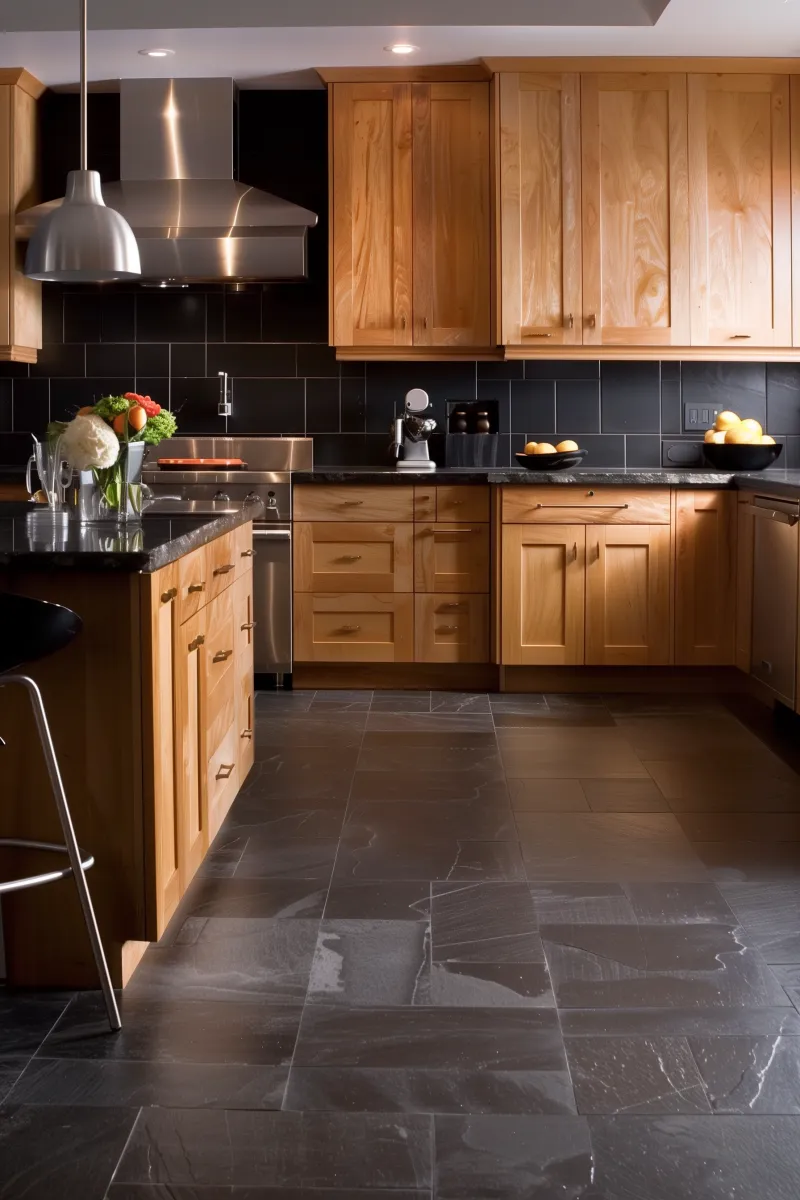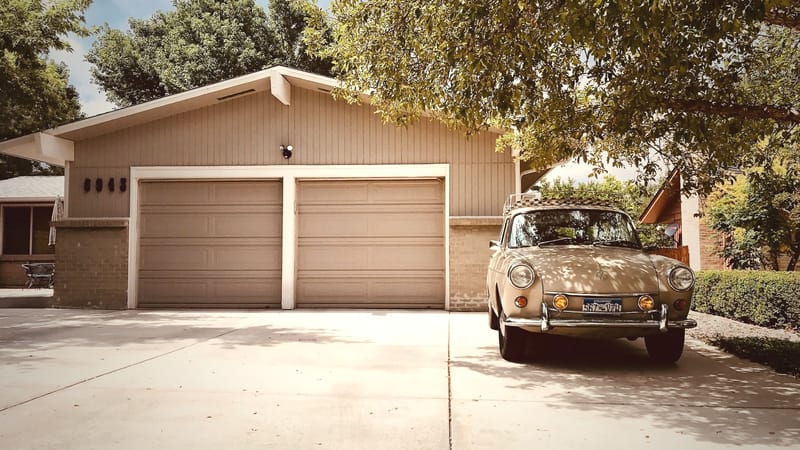The choice between glue vs nail hardwood floor can greatly influence the longevity and performance of your flooring. This decision often depends on the type of subfloor, moisture levels, and the kind of wood planks you are using.
Now, Let's Explore The Pros And Cons Of Glue VS Nail Hardwood Floor Installation Methods!
This is a comprehensive guide comparing glue VS nail hardwood floor.
Understanding Your Subfloor
Concrete vs. Wooden Subfloors

The type of subfloor is the first important factor in deciding whether to glue or nail your hardwood floors.
A concrete subfloor often necessitates a glue-down method due to its solid, non-porous nature, while a wooden subfloor like plywood can accommodate nailing.
Moisture Considerations

For concrete slabs, especially those on or below grade like in a basement or a slab with a crawl space underneath, moisture can be a concern.
A vapor barrier or retarder is crucial to prevent moisture from warping the wood planks.
The Glue-Down Method: Stability on Concrete
Adhesives and Vapor Barriers

When installing over concrete, the glue-down method involves the use of a specific type of adhesive that acts as both a bond and a moisture barrier.
This is essential in high-traffic areas where stability is key.
Wide Planks and Concrete

Wide plank floors are particularly susceptible to environmental factors like relative humidity.
Glue helps to provide a stable installation for wide planks by adhering them directly to the concrete slab, minimizing movement.
Nailing Hardwood Floors: The Traditional Method
Suitable for Wooden Subfloors

Nailing is the traditional method for installing hardwood floors and is typically used with a plywood subfloor. The floor joists provide a sturdy base for the floor nailer to secure the individual boards.
The Need for Expansion Gaps

When nailing solid wood flooring, it's crucial to leave an expansion gap around the perimeter to accommodate wood's natural expansion and contraction.
The Tools of the Trade
Correct Trowel and Floor Nailer

Using the correct trowel for the adhesive and the right nail gun is essential for either method.
An improper installation can result in uneven floors and long-term damage.
Glue-Assist Installations: Combining Methods
Best of Both Worlds

In recent years, the glue-assist method has become a common installation method, especially for wide plank flooring.
It combines nailing along with a bead of glue to offer a more secure and stable installation.
Key Considerations for Installation
Type of Hardwood

Solid hardwood floors often require a nail-down approach, while engineered hardwood might be more suited to the glue-down or even a floating installation.
Installation Process

Regardless of the method, following the manufacturer's installation instructions is vital. Both processes start with preparing the subfloor, ensuring it's clean, level, and ready for the new floor.
The Floating Installation: A Third Option
No Glue or Nails Required

The floating method of installation doesn't require glue or nails.
Instead, engineered hardwood planks interlock and sit over a moisture barrier, making it a good option for those who prefer an easier DIY project.
Environmental Factors: Humidity and Temperature
Adapting to Your Climate

Relative humidity and temperature affect wood.
It's important to choose the right installation method to match your local climate.
Solid hardwood flooring, for instance, can be more susceptible to environmental changes than engineered options.
Cost Considerations
Price Per Square Foot

The cost can vary greatly between glued and nailed installations.
Typically, glue is more expensive than nails, and the glue-down method can require more time and labor, especially for large areas.
We Hope This Guide Has Helped You Choose Between Glue VS Nail Hardwood Floor
Choosing between gluing or nailing down your hardwood floors depends on various factors, from the type of subfloor you have to the kind of hardwood and the climate of your area.
It's also a matter of personal preference. Gluing can provide a solid, quiet floor, while nailing is the time-tested method that many professionals still prefer.
Before you make your choice, consider the long-term implications of your decision on your floor's durability and performance.
Consult with flooring contractors to understand the best method for your situation, and always adhere to the manufacturer's guidelines for the best results.
Whichever method you choose, properly installed hardwood floors can provide a beautiful and durable surface that lasts for many years.
Up next: Garage Floor Stain VS Expoxy










